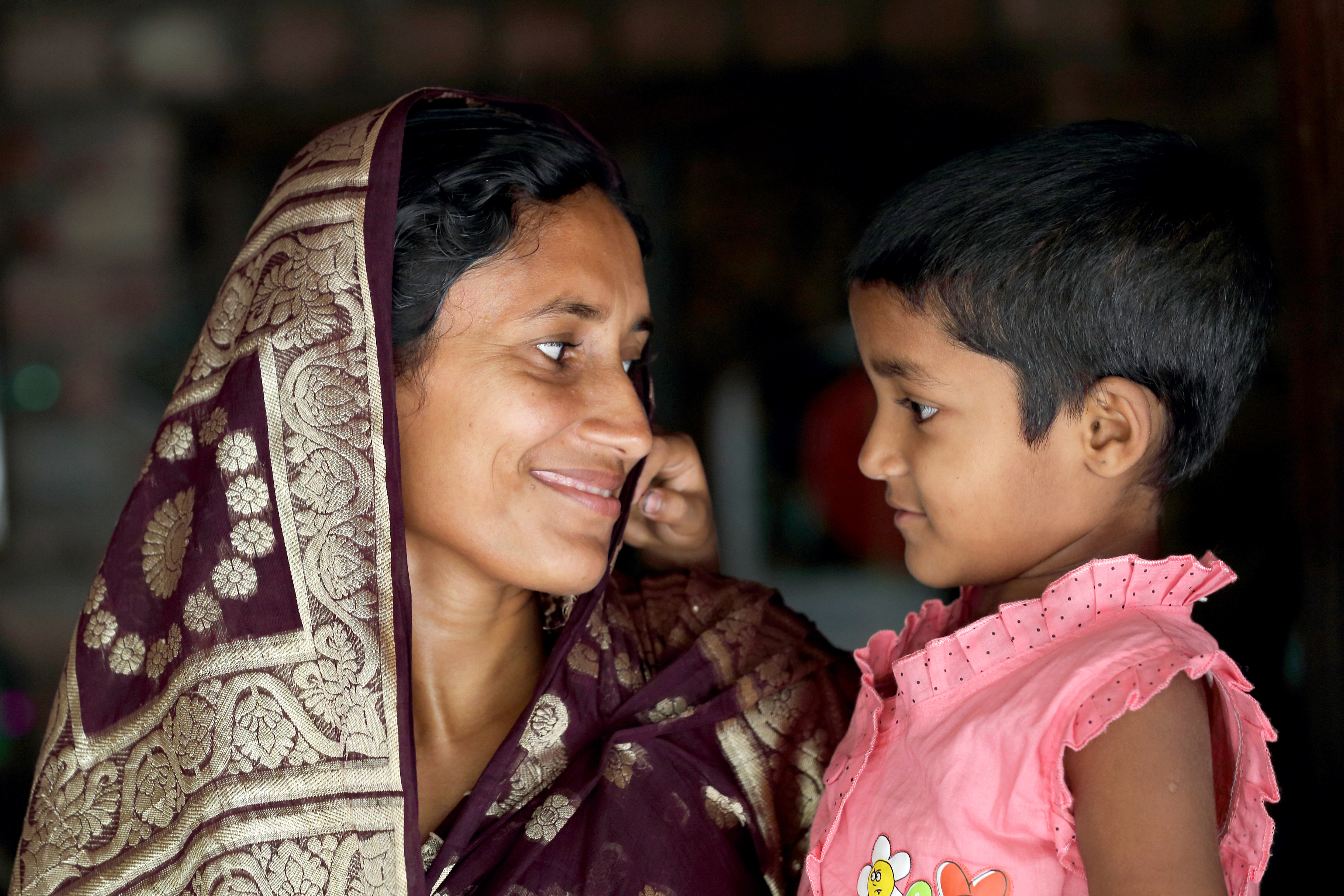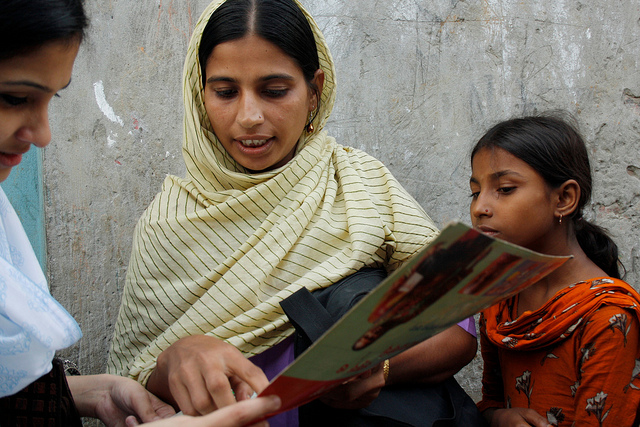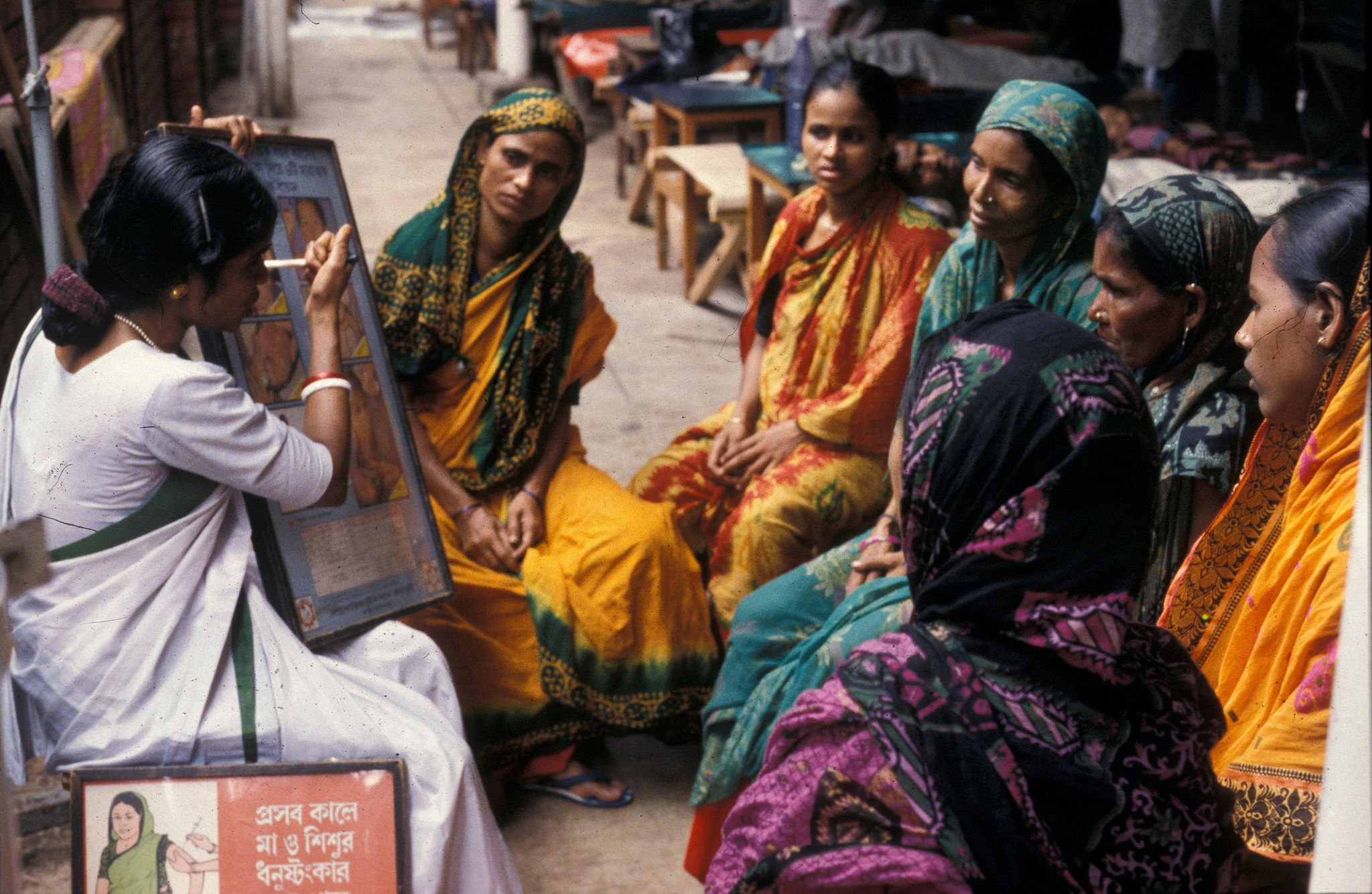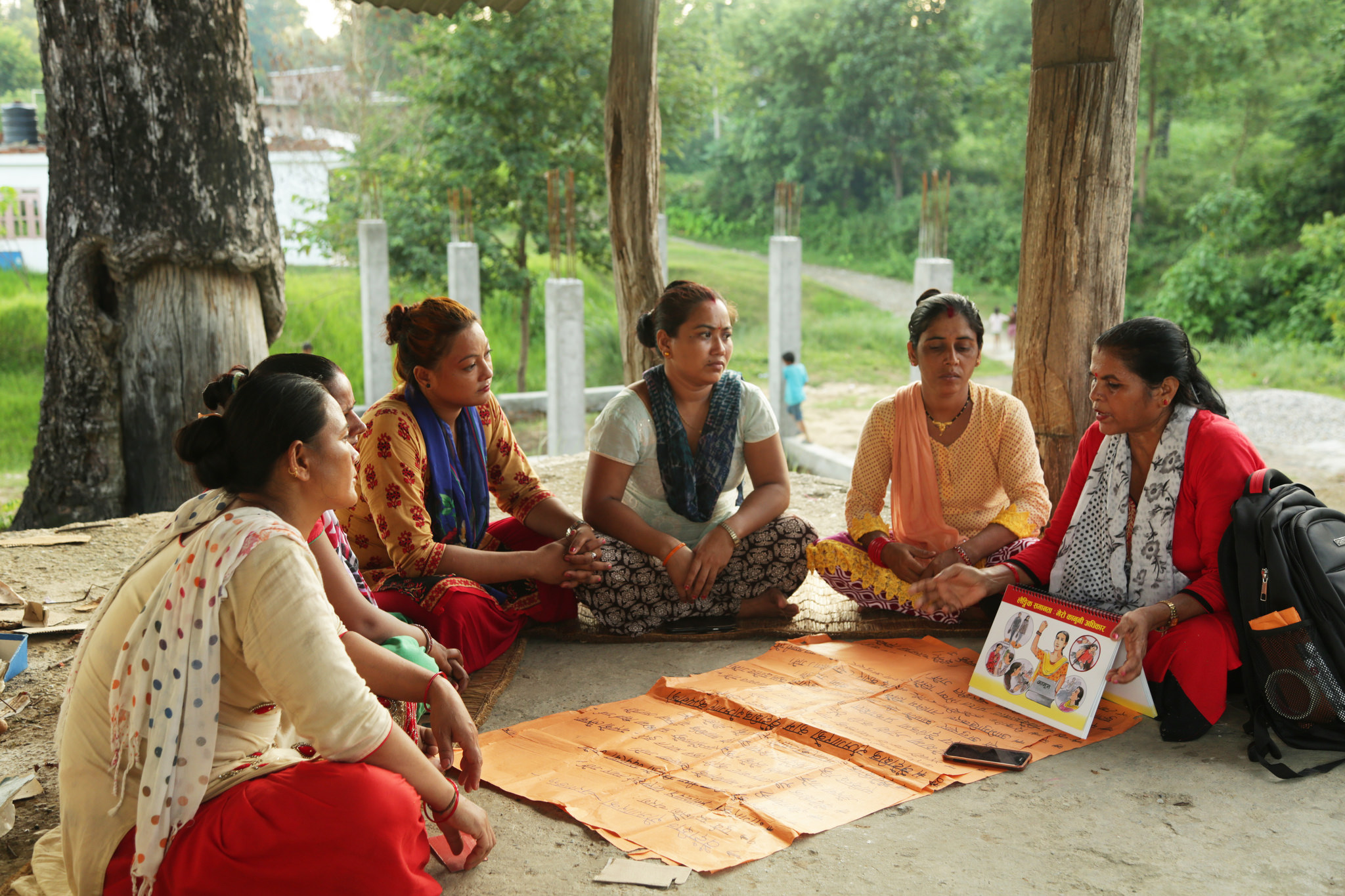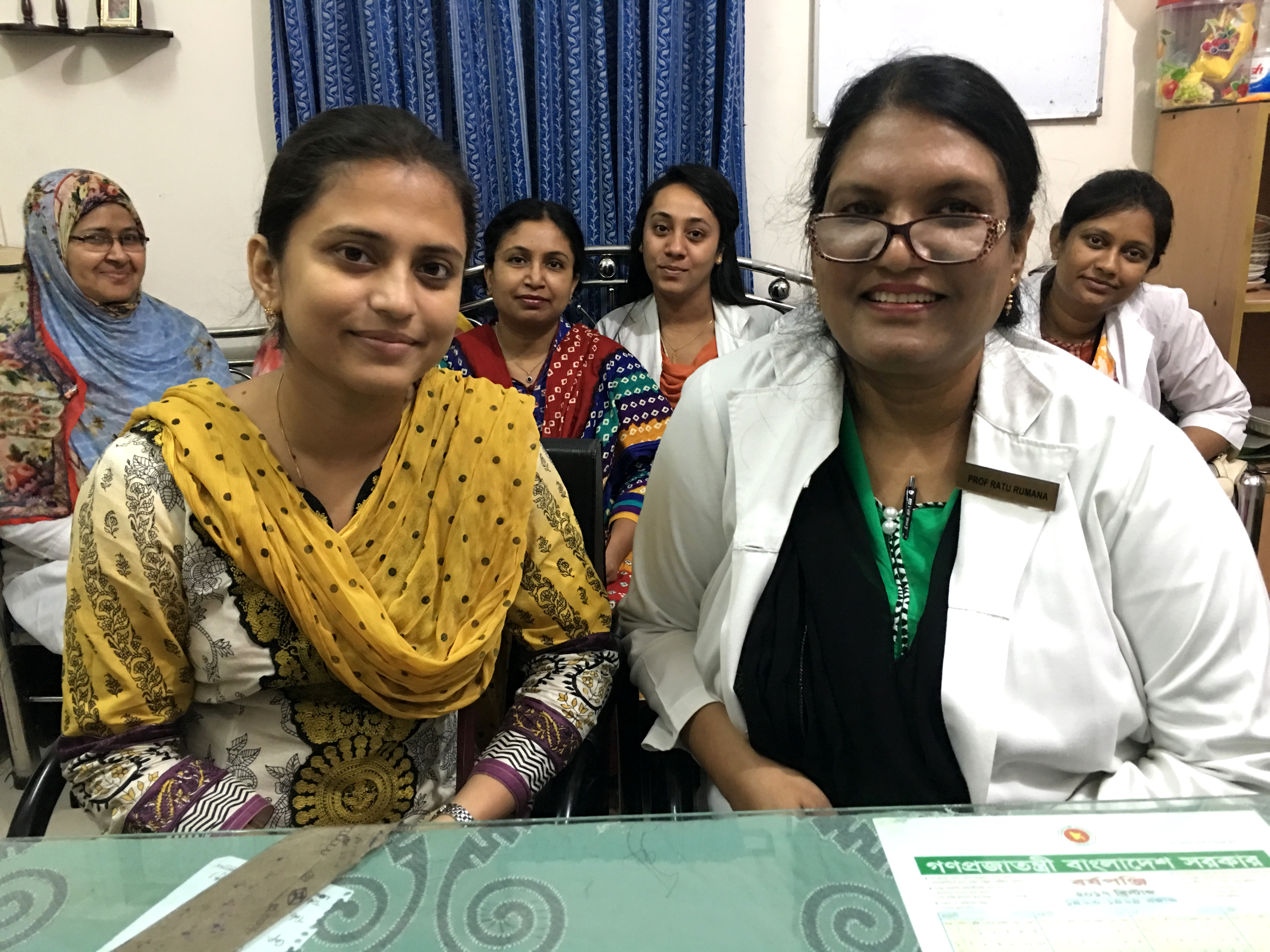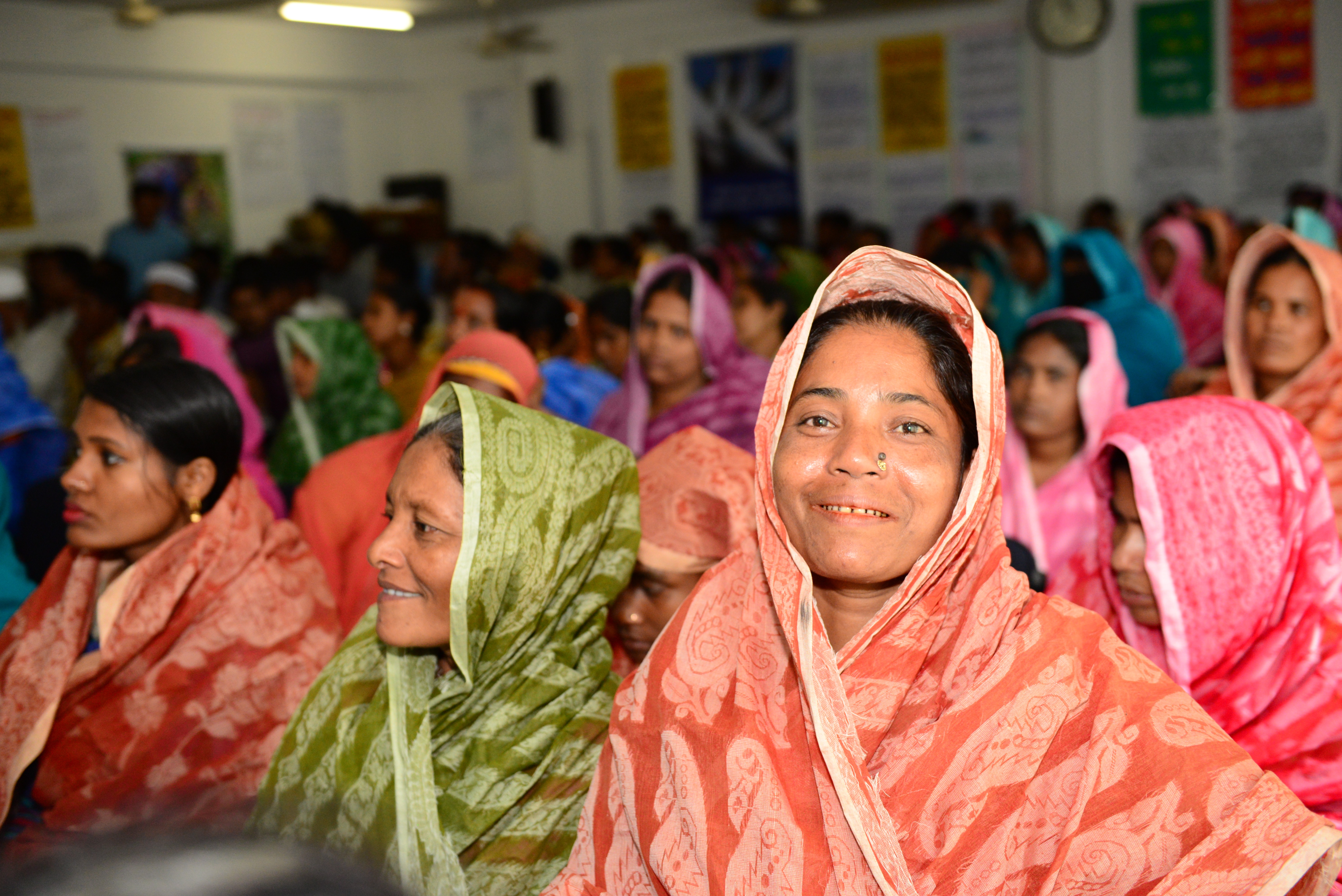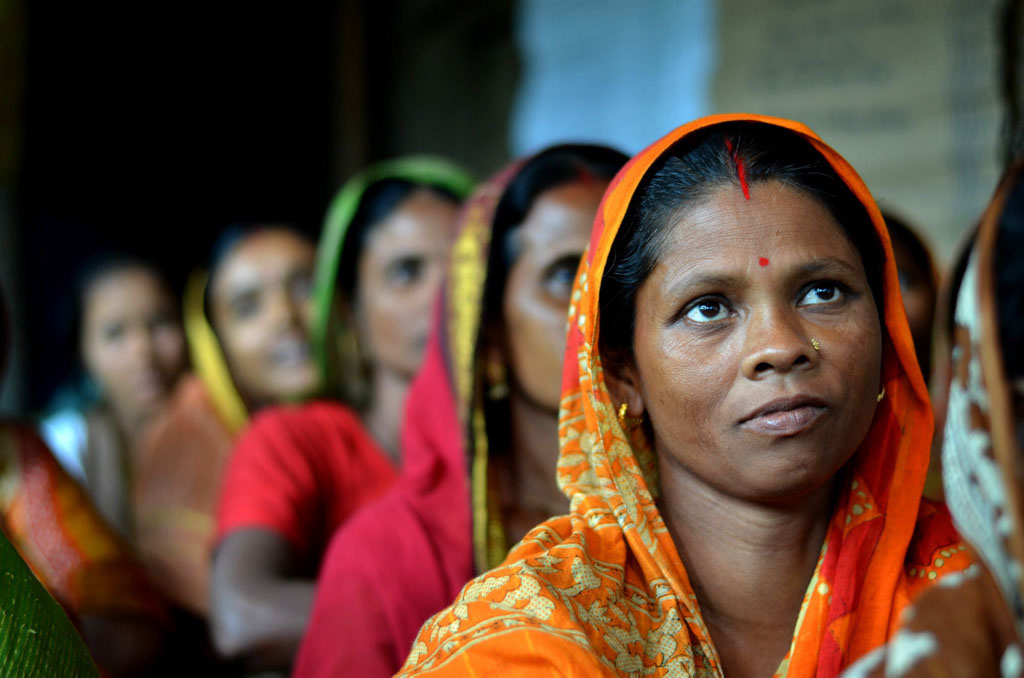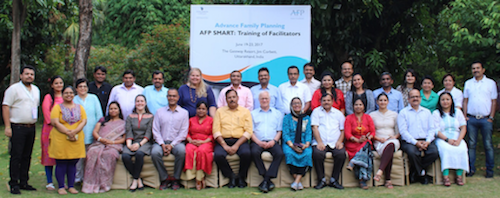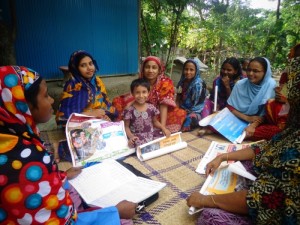View the latest family planning advocacy news from our partners.
Between May 2019 and August 2020, 10 companies in the Khulna division of Bangladesh committed to provide on-site family planning counseling and services in partnership with their district’s family planning office. The companies, eight located in Bagerhat district and two in Khulna district, are allocating space and time for their employees to receive services during the work day. District governments are supplying commodities and supporting visits from health providers twice a week.
Bangladesh’s Clinical Contraception Services Delivery program trained its first batch of surgeons this month to use tubal hook and uterine elevator during tubal ligation procedures. This method of tubal ligation is widely considered to be safer, less painful, and more cost-effective than traditional techniques.
Last month, the Bangladesh government followed through on its commitment to support family planning corners at two private medical college hospitals in Dhaka. The corners opened earlier this year and offer free inpatient and outpatient counseling and services for clients. The Directorate General of Family Planning (DGFP) now supplies contraceptive commodities for the corners, which offer pills, condoms, intrauterine devices (IUDs), implants, and tubal ligation.
In June 2019, 120 medical officers participated in a week-long training on Bangladesh’s newly revised intrauterine device (IUD) curriculum. Representing both public and private facilities across the country, the trainees—mainly medical officers—built skills on needs-based family planning counseling, client screening techniques, IUD insertion and removal, and post-insertion follow-up. The training is the first of 13, which aim to cover relevant health providers in all family welfare clinics in the country by March 2020.
On September 6, 2018, the National Technical Committee of Bangladesh approved a pilot project to introduce subcutaneous DMPA (depot medroxyprogesterone acetate)—often marketed as Sayana® Press—for self-injection. The pilot will assess the contraceptive method’s acceptability and feasibility within the National Family Planning Program.
In September 2017, the Directorate General of Family Planning (DGFP) in Bangladesh developed and approved a standardized training module for community-based health workers who provide family planning services. For its implementation, the DGFP allocated 9.4 million BDT (US $113,000) from their sector development plan to support the community-based provision of short-term contraceptive methods over a five-year implementation period (2017-2022).
In September 2017, the Directorate General of Family Planning (DGFP) issued two unprecedented government orders to support implementation of a task-sharing policy in Bangladesh, significantly improving access to family planning services at community clinics.
On September 4, 2017, the Bangladesh Directorate General of Family Planning (DGFP) approved a pilot project introducing tubal hook and uterine elevator procedures to improve tubal ligation services in Bangladesh.
As of September 2017, 92 local governments in the Barisal and Pirojpur districts of Bangladesh allocated a total of 10.5 million taka (US $131,250) to improve family planning services at family welfare centers. These funds will enable the centers to improve the quality and range of family planning services offered, such as intrauterine device and implant insertion, menstrual regulation, and post-service follow-up.
In June 2017, the two rural districts of Barisal and Pirojpur in Bangladesh each formed an advocacy working group to improve the quality of family planning services in these hard-to-reach areas—each geographically isolated and encompassing upwards of 1.1 million people. In a few short months, the working groups have reinvigorated essential discussions, including budget allocations for family planning.
Advance Family Planning (AFP) held a diffusion workshop on June 19-23rd in Uttarakhand, India—the first in a series to be held in different regions where AFP works. The five-day workshop aimed to build facilitation skills in applying AFP’s SMART (Specific, Measurable, Attainable, Relevant and Time-bound) advocacy approach as well as provide participants with the opportunity to develop a SMART advocacy objective to implement.
September 20, 2016
Advance Family Planning (AFP) is expanding its advocacy initiative to Bangladesh, partnering with Marie Stopes Bangladesh to lead efforts there. Bangladesh will be AFP’s tenth focus country since the initiative began in 2009, and its third in Southeast Asia. The expansion is part of AFP’s $19.5 million supplemental awards to broaden its efforts to new geographies in 2016.


